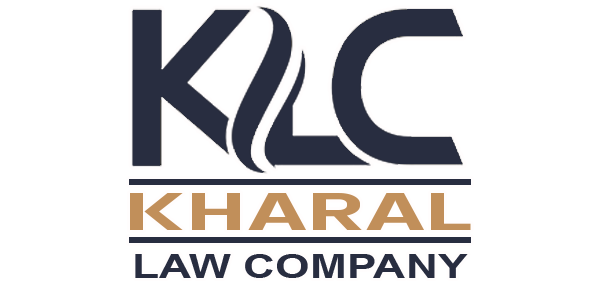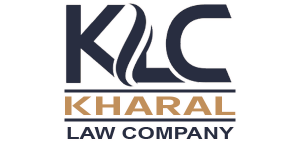The role of a board’s corporate governance requires oversight, insight and foresight. Directors on the board must be more vigilant and make informed decisions as the business environment gets more complex and volatile. To ensure the success of a company it is also essential to coordinate efforts among all employees.
A well-formed board will have members who possess a wide range of skills and perspectives and are willing to challenge assumptions and opinions. This will promote more complete discussions and increase the effectiveness of the board in general.
As the responsibilities of the board continue to evolve, it must be prepared to address new technologies and important issues like climate change and diversity disclosures that can impact a company’s bottom line. It’s important to create a culture which promotes and encourages continual education and discourages insanity.
The board should establish goals and objectives for the strategic plan, both long-term and short-term, and implement mechanisms to monitor the progress made online document management towards achieving these goals. The board supervises the chief executives and sets the guidelines and policies that govern the company’s operations.
It’s the board’s responsibility to determine which risks are acceptable to take and how to balance them while safeguarding shareholder interests. The board should develop risk assessments, establish policies that guide its actions and those of the manager, and establish accountability systems to assist the board in its stewardship obligations.


